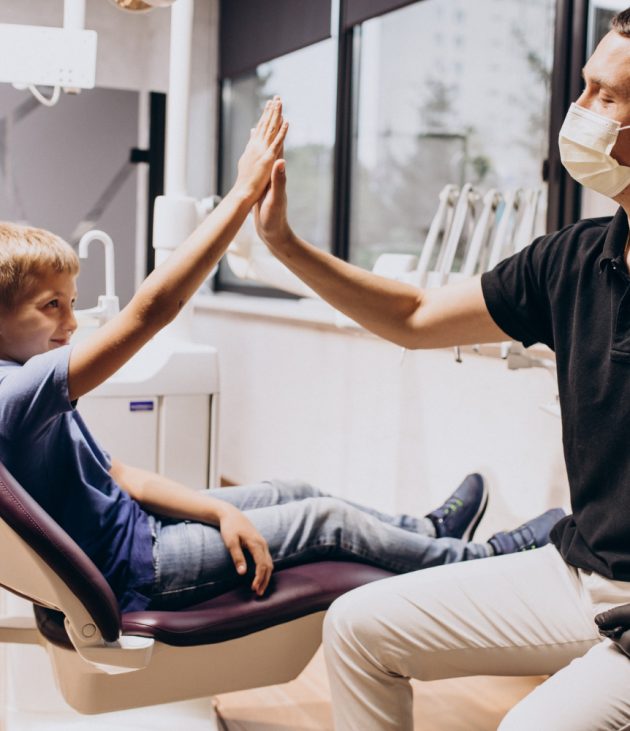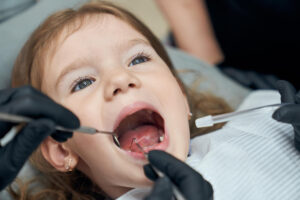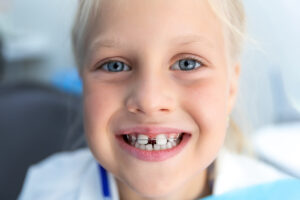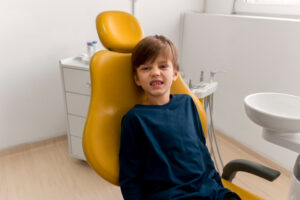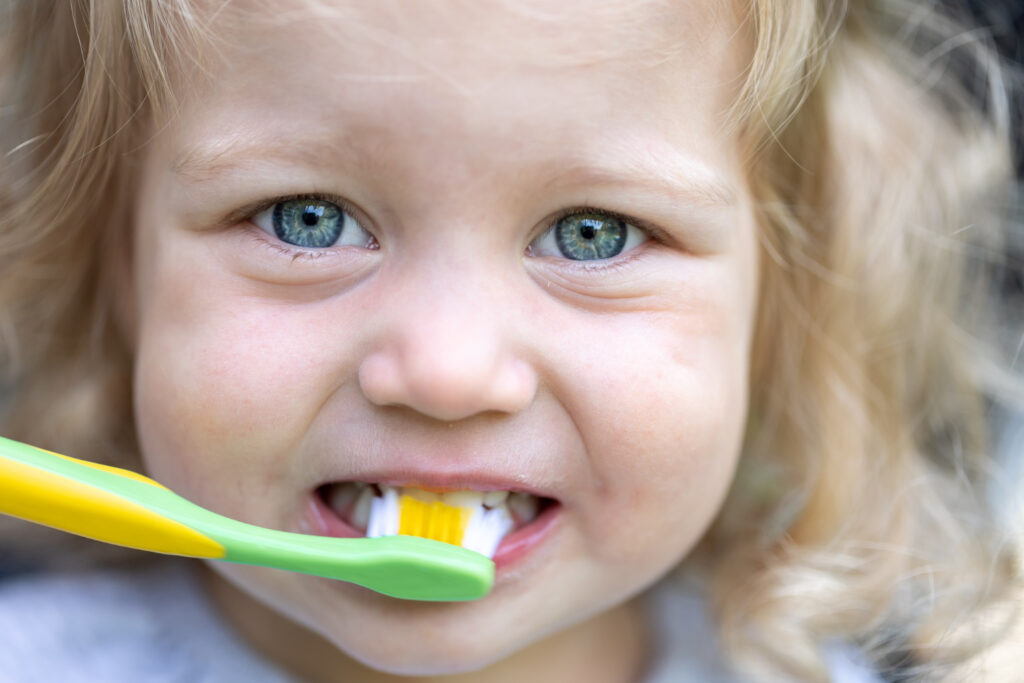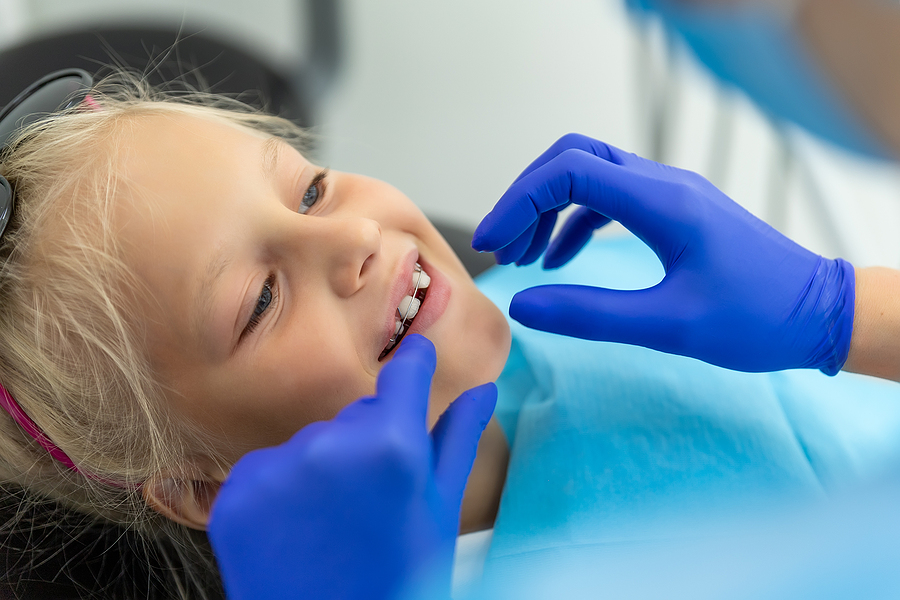When it comes to our children’s well-being, we all want the best, and that includes their oral health. As parents and caregivers, it’s our responsibility to ensure that our little ones grow up with healthy, beautiful smiles. One crucial aspect of achieving this is through kids preventive dentistry Shoreline WA, and other accessible areas.
Understanding Kids Preventive Dentistry Shoreline WA
Pediatric dentistry is a specialized branch of dentistry that focuses on the oral health of infants, children, adolescents, and individuals with special needs. Its primary goal is to provide comprehensive dental care tailored to the unique needs of young patients.
In Shoreline, there are many pediatric dentists, also known as pedodontists, who are specially trained to work with children, ensuring a comfortable and positive dental experience.
The Role of Preventive Dentistry
Preventive dentistry, on the other hand, is a broader concept that applies to dental care for individuals of all ages. It revolves around strategies and practices aimed at preventing dental issues before they occur, or at least catching them in their early stages. Preventive dentistry is essential for maintaining overall oral health and preventing common problems like cavities, gum disease, and tooth decay.
The Intersection of Pediatric and Preventive Dentistry
Pediatric dentists are not just regular dentists who happen to see children; they undergo additional training specifically to address the developmental stages and unique needs of young patients. They are experts in child psychology, communication, and creating a friendly, non-threatening environment for kids.
Within the realm of pediatric dentistry, preventive measures take center stage. This is because preventing dental problems in children is often easier and more effective than treating them once they’ve already occurred. Pediatric preventive dentistry includes a range of strategies and treatments designed to ensure that children start off on the right foot when it comes to oral health.
By understanding this intersection, parents and caregivers can appreciate the importance of seeking out pediatric dentists who not only provide dental care but also focus on prevention, setting the stage for a lifetime of healthy smiles.
Levels of Prevention in Pediatric Dentistry
Preventing dental issues or catching them early can make a world of difference in your child’s oral health. There are three primary levels of prevention in pediatric dentistry, each with its own set of strategies and goals:
Primary Prevention
What is Primary Prevention? Primary prevention focuses on stopping dental problems before they even have a chance to develop. It’s all about taking proactive steps to maintain oral health and prevent issues like cavities and gum disease.
Strategies for Primary Prevention:
- Oral Hygiene Practices: Teaching children how to properly brush and floss their teeth is a cornerstone of primary prevention. This includes using the right toothbrush, toothpaste, and techniques.
- Dietary Control: Educating parents and caregivers about the importance of a tooth-friendly diet can help children avoid excessive sugar and acidic foods that contribute to dental problems.
- Dental Sealants: Applying dental sealants to the molars can protect them from decay by creating a barrier against bacteria and food particles.
Secondary Prevention
What is Secondary Prevention? Secondary prevention comes into play when there are signs of dental issues, but they are in their early stages. The goal is to detect and address these problems before they become more serious.
Strategies for Secondary Prevention:
- Regular Dental Check-ups: Scheduling regular dental check-ups for your child allows the dentist to spot any emerging issues like cavities or misalignment.
- Fluoride Treatments: Fluoride, a mineral that strengthens tooth enamel, can be applied professionally to provide an extra layer of protection against tooth decay.
Tertiary Prevention
What is Tertiary Prevention? Tertiary prevention is the management of established dental problems. It’s about treating issues that have progressed beyond the early stages and ensuring that they don’t worsen or lead to further complications.
Strategies for Tertiary Prevention:
- Restorative Treatments: When dental problems like cavities are identified, prompt and effective restorative treatments, such as fillings, are essential to prevent further damage.
- Orthodontic Care: For issues like misaligned teeth or bite problems, orthodontic care can help correct the problem and prevent more severe complications in the future.
Preventive Dental Treatments for Children
Preventing dental issues in children is a top priority for parents and caregivers. Fortunately, there are several dental treatments for kids preventive dentistry Shoreline WA specifically designed to ensure your child’s oral health stays on track. Let’s explore some of these treatments:
Dental Cleanings
Dental cleanings, also known as dental prophylaxis, are routine check-ups performed by a pediatric dentist or dental hygienist. These check-ups typically occur every six months and are a fundamental part of preventive dentistry.
Why Do Dental Cleanings Matter?
- Plaque and Tartar Removal: Dental cleanings involve the removal of plaque and tartar build-up from the teeth. Plaque is a sticky film of bacteria that can lead to cavities and gum disease if not removed.
- Preventing Cavities: By removing plaque and tartar, dental cleanings help prevent the formation of cavities, especially in areas that are hard to reach with regular brushing and flossing.
- Oral Examination: During the cleaning, the dentist can identify any potential issues early, allowing for prompt intervention.
Dental Sealants
Dental sealants are thin, protective coatings applied to the chewing surfaces of the back teeth (molars and premolars). These surfaces have grooves and pits that can trap food particles and bacteria, making them susceptible to decay.
Why Do Dental Sealants Matter?
- Protection Against Decay: Sealants act as a barrier, preventing food particles and bacteria from settling into the grooves of the teeth.
- Long-Lasting: Dental sealants can last for several years, providing extended protection during a child’s crucial dental development years.
- Painless Application: Applying sealants is a painless process and does not require drilling or removal of tooth structure.
Fluoride Treatments
Fluoride is a natural mineral that strengthens tooth enamel, making it more resistant to acid attacks from bacteria and sugary foods. Dental fluoride treatments involve the application of fluoride varnishes or gels to the teeth.
Why Fluoride Treatments Matter?
- Strengthening Tooth Enamel: Fluoride treatments help fortify tooth enamel, reducing the risk of cavities.
- Reversing Early Decay: In some cases, fluoride can reverse early stages of tooth decay, a process known as remineralization.
- Safe and Non-Invasive: Fluoride treatments are safe, quick, and non-invasive, making them suitable for children of all ages.
Oral Hygiene Education
Why Oral Hygiene Education Matters?
- Establishing Good Habits: Teaching children proper oral hygiene practices from an early age sets the foundation for a lifetime of healthy dental habits.
- Brushing and Flossing Techniques: Educating children about the correct way to brush and floss ensures effective plaque removal.
- Dietary Guidance: Providing guidance on a tooth-friendly diet helps children avoid foods and drinks that contribute to dental issues.
Preventive Measures for Dental Caries in Children
Dental caries, commonly known as cavities or tooth decay, can be a common concern for children. However, with the right preventive measures in place, you can help protect your child’s teeth and ensure they maintain a healthy, cavity-free smile. Here are some effective preventive measures for dental caries:
Diet and Nutrition
The Role of Diet in Dental Health:
- A tooth-friendly diet is essential for preventing dental caries. Sugary snacks, beverages, and acidic foods can contribute to tooth decay.
- Encourage a balanced diet rich in fruits, vegetables, lean proteins, and whole grains.
Limit Sugary Foods and Drinks:
- Sugary treats like candies, cookies, and sodas should be consumed in moderation.
- Opt for water, milk, or unsweetened beverages instead of sugary drinks.
Snacking Smart:
- Frequent snacking can increase the risk of dental caries. Encourage healthy snacks like fresh fruits, yogurt, and cheese.
- Avoid prolonged exposure to sugary snacks. The longer sugary foods linger in the mouth, the greater the risk of cavities.
Oral Hygiene Routine
Teach Proper Brushing and Flossing:
- Children should learn how to brush their teeth properly from an early age. Use a soft-bristle toothbrush and fluoride toothpaste.
- Flossing is essential to clean between teeth where toothbrushes can’t reach. Teach your child to floss daily.
Supervise and Assist:
- Younger children may need supervision and assistance with brushing and flossing to ensure thorough cleaning.
- Make brushing and flossing a fun and positive experience.
Regular Dental Check-ups
Schedule Routine Dental Visits:
- Regular dental check-ups are essential for early detection of dental issues. Your child should see a dentist at least every six months.
- These visits allow the dentist to assess your child’s oral health, provide professional cleanings, and offer guidance on preventive care.
Address Dental Anxiety:
- If your child experiences dental anxiety, talk to the dentist about it. Many pediatric dentists are trained to create a comfortable and reassuring environment for children.
Dental Education
Educate Your Child:
- Teach your child about the importance of oral hygiene and its role in preventing dental caries.
- Use child-friendly resources, books, and educational tools to make learning about oral health engaging.
Set a Good Example:
- Children often mimic their parents’ behaviors. Be a positive role model by maintaining your own oral hygiene routine and healthy eating habits.
Fluoride Use
Fluoride Toothpaste:
- Use fluoride toothpaste appropriate for your child’s age. Fluoride helps strengthen tooth enamel and makes it more resistant to decay.
Other Fluoride Supplements:
- In areas with low fluoride levels in the water supply, your dentist may recommend fluoride supplements for your child.
Discover the Floss & Gloss Difference for Preserving Your Child’s Healthy Smile!
At Floss & Gloss Kids Dentistry, we’re dedicated to providing the highest-quality pediatric dentistry care in a kid-friendly environment in Shoreline, WA. Our team understands the unique needs of young patients and offers specialized, gentle, and comprehensive services to ensure your child’s dental development is on the right track.
From the moment you step into our Shoreline pediatric dentistry office, you and your child will experience a warm and welcoming atmosphere designed to make dental visits stress-free and even enjoyable.
Give your child the gift of a healthy smile and a positive dental experience. Schedule an appointment with us today to discover why Floss & Gloss is the top choice for kids preventive dentistry Shoreline WA.

